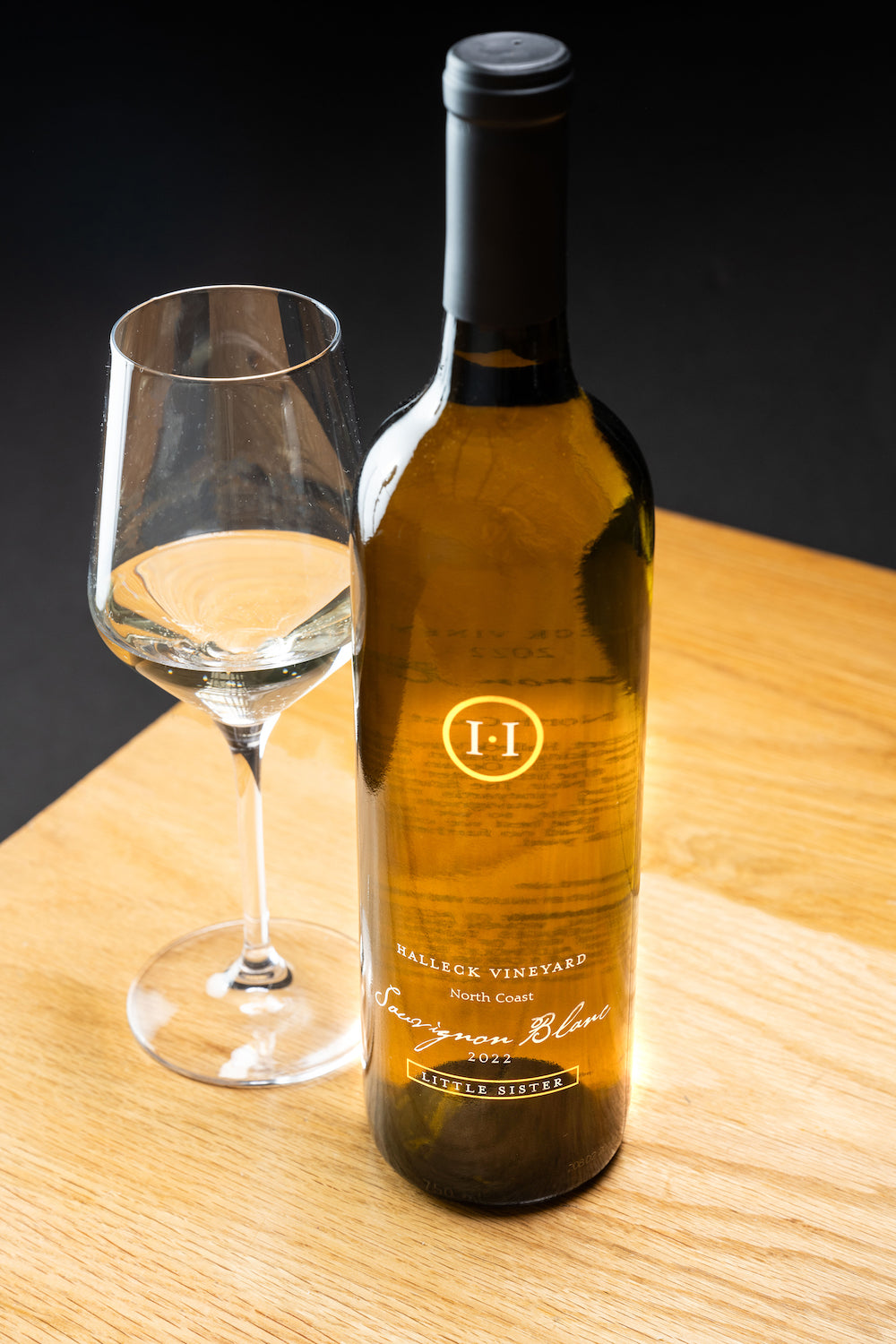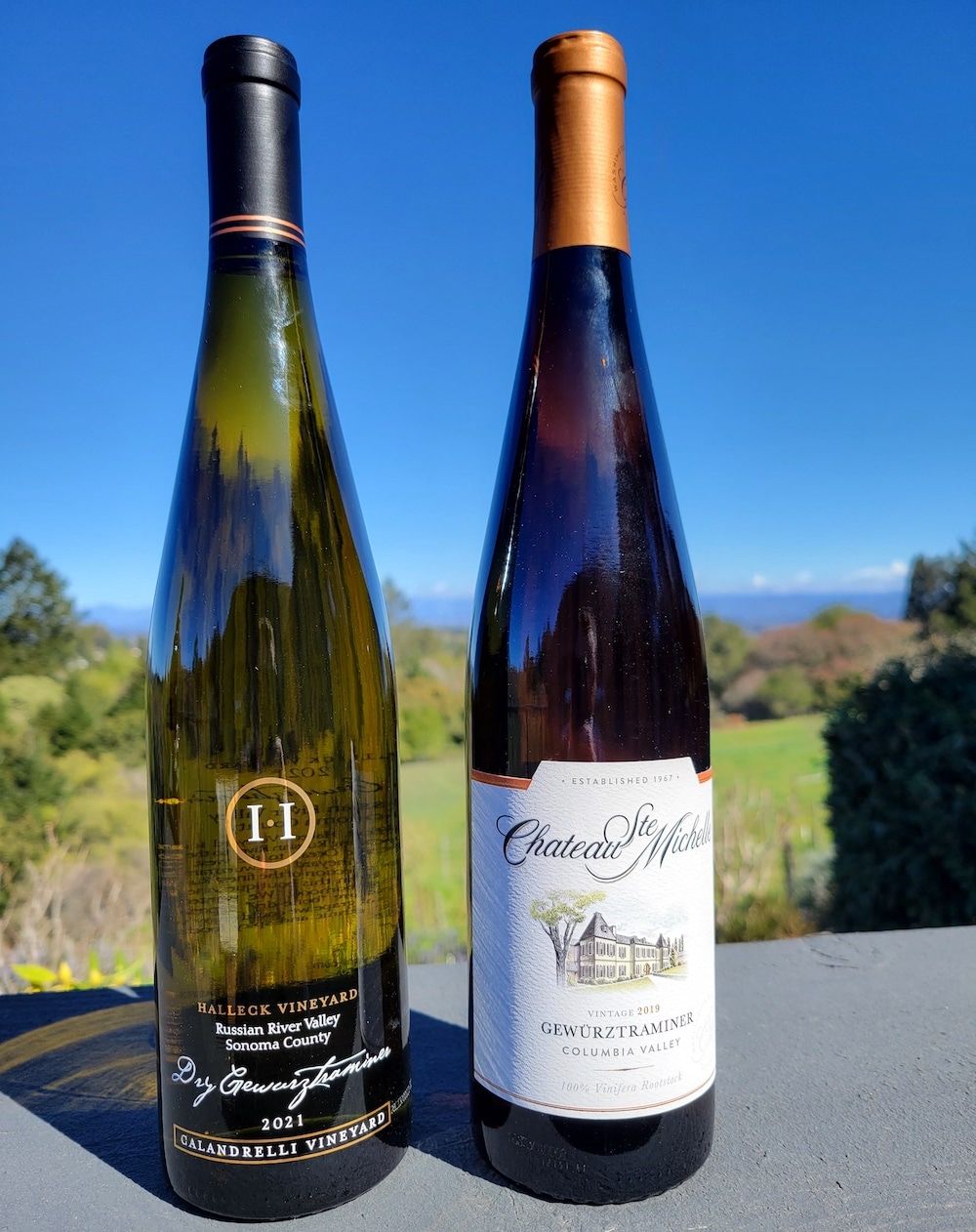Wineries Near Sonoma Square - Wineries In The Sebastopol Region
Wineries Near Sonoma Square - Wineries In The Sebastopol Region
Blog Article
Interactive Wine Tasting Experiences In Sonoma - Wineries In The Sebastopol Region
Wine tasting is usually thought to be an art type, one which goes beyond merely having fun with a beverage. It embraces a fancy interaction of flavors, aromas, and textures that requires dedicated practice to actually master. Many who venture into the world of wine tasting shortly realize that it involves rather more than just sipping wine. Improving sensory skills by way of dedicated winery wine tasting can elevate the experience, remodeling a casual drinking occasion into a sophisticated exploration of the senses.
At a primary stage, wine tasting engages the senses of sight, scent, style, touch, and even sound. Every part performs a crucial function in appreciating the nuances of a wine. When one first pours a glass of wine, the rich hues can present initial insights into its age and varietal. Observing the colour and clarity helps type expectations about the wine's flavor profile. Many don’t absolutely recognize how this visual assessment can set the stage for what is to comply with.
The subsequent step is to engage the sense of scent. Swirling the glass aerates the wine, allowing its risky compounds to flee and fill the air with its bouquet. The nose entails some fascinating layers—different aromas can signal varied aspects of the winemaking course of, including the sort of grapes used, fermentation methods, and growing older circumstances. Creating a keen sense of smell could be a game-changer in wine tasting.
Intimate Wine Tasting Experiences In Sonoma - Sonoma Wine Culture
To improve this sensory skill, wine enthusiasts are sometimes inspired to participate in dedicated tastings at wineries. These tastings allow people to focus solely on the sensory experience (Wineries That Offer Food Trucks On Weekends). Tasting periods led by educated sommeliers or winemakers can offer insights into identifying distinct aromas. Studying to distinguish between floral, fruity, earthy, and spicy notes can empower a taster to articulate their experience with greater precision.
As one practices their sensory talents, they might discover that their style preferences evolve. This transformation often happens after multiple tastings. A wine that originally seemed overwhelming may reveal hidden layers of complexity with a little bit of experience. Understanding how to isolate particular person flavors such as acidity, sweetness, bitterness, and umami contributes considerably to the overall wine experience.
One Other important factor in bettering sensory skills is the context during which wine is tasted. Environmental components like temperature, lighting, and even the company present can influence perceptions. At a winery, an optimal setting can reduce distractions and allow a extra profound exploration of the wine (Wineries Offering Elegant Wine Tastings). Training conscious tasting techniques encourages a more immersive experience, allowing tasters to hone in on their senses.
It isn't solely about particular person perception, although. Partaking with others throughout a tasting can also enhance sensory skills. Sharing notes and discussing impressions fosters a deeper understanding of the wine. This collaborative approach encourages members to articulate their sensory experiences, thereby broadening their linguistic repertoire related to wine tasting.
Artisan Wineries In Russian River Valley - Discovering Sonoma Area Wineries
Moreover, pairing wine with food can significantly enhance the tasting experience. Different combos can convey out unique flavors in both the wine and the dish. As one tastes a wine alongside explicit foods, they will start to recognize how certain parts within the wine complement or contrast with what they are consuming. This skill of pairing is one other layer that enriches sensory growth.
Training one’s palate can contain quite lots of exercises. Some enthusiasts engage in systematic tasting experiences, sampling a spread of wines that showcase completely different varietals, regions, or vintages. Exploring this range can sharpen the power to discern nuances throughout totally different wine profiles. Over time, this practice builds a psychological library of flavors that could be accessed during future tastings.
Notably, written notes serve a twin function: organizing one’s ideas and reinforcing reminiscence. By writing down observations about each wine, tasters can monitor their progress over time. Detailing the traits of wines assists in solidifying data, ultimately deepening one’s appreciation of what they consume.
Furthermore, attending workshops or classes centered on sensory evaluation may also be beneficial. Many wineries supply these educational applications to help individuals refine their skills. Often, skilled instructors guide individuals by way of structured tastings, focusing on particular elements of the wine. This stage of education reinforces the sensory skills asynchronously and challenges tasters to suppose about their experiences from different angles.
Wine Tasting Experiences With Local Cheese - Wine Tasting Activities In Sebastopol

Over time, the commitment to improving sensory skills via dedicated winery wine tasting can yield vital rewards. The enjoyment derived from wine becomes layered and multifaceted. No longer limited to a simple choice for "purple" or "white," tasters begin to appreciate the stories behind each pour. They cultivate a palette capable of navigating the complex landscape of flavors with confidence.
In conclusion, the journey of enhancing check my site sensory skills through dedicated winery wine tasting is as rewarding as it is enjoyable. It requires focus, commitment, and a willingness to learn, however the outcomes far exceed the preliminary effort. By participating a number of senses and participating in thoughtful discussions, people not solely turn out to be more proficient at identifying flavors but also develop a deeper appreciation for the craftsmanship behind each bottle. The course of transforms wine from a mere beverage right into a wealthy tapestry of sensory exploration that beckons enthusiasts to delve deeper. As skills improve, so too does the enjoyment, enriching life experiences one sip at a time.
Wineries Promoting Wine Club Memberships - The Charm Of Sonoma Wineries
- Partaking the palate by way of various wine varieties enhances the ability to differentiate flavors and aromas, refining general sensory notion.
- Taking Part in guided tastings promotes focused attention on delicate traits of every wine, nurturing important tasting skills.
- Learning to identify specific grape varieties fosters a deeper understanding of terroir, which aids in recognizing regional flavor profiles.
- Incorporating food pairings during tastings can heighten sensory consciousness, as totally different tastes can affect one another and alter perceptions.
- Working Towards the art of swirling and nosing wines permits individuals to connect olfactory cues with taste, improving the ability to articulate sensory experiences.
- Attending workshops that emphasize blind tastings trains participants to rely purely on their senses quite than preconceived notions, enhancing objectivity.
- Elevating sensory skills can lead to higher wine choice abilities, empowering individuals to make knowledgeable decisions primarily based on personal preferences.
- Partaking with educated sommeliers presents insights into wine-making processes, which deepens sensory appreciation and enhances vocabulary for describing wines.
- Regular participation in tastings encourages reminiscence development of flavors and aromas, aiding within the formation of a personalized sensory profile over time.
- Sharing tasting experiences with friends fosters dialogue, promoting communal studying that may enhance individual sensory skills by way of collaboration.undefinedWhat is the aim of improving sensory skills through wine tasting?

Improving sensory skills via wine tasting allows people to enhance their ability to establish and recognize the varied aromas, flavors, and textures of wine. This heightened sensory awareness can result in a deeper understanding of wine and an overall enriched tasting experience.
Wineries With Unique Wine Blends - Sonoma County Wine Tasting Locations
How can I develop my sensory skills at a winery?
You can develop your sensory skills at a winery by participating in guided tasting classes that concentrate on specific varietals. Engage with educated staff who can provide insights and encourage you to take notes in your impressions, enhancing each your observational and descriptive talents.
What ought to I expect throughout a devoted wine tasting experience?
Wineries Near Highway 12 - Sebastopol Area Wine Tasting
Throughout a dedicated wine tasting experience, anticipate to sample a number of wines while receiving focused schooling about every one. You Will study concerning the winemaking process, tasting techniques, and how to discern totally different sensory characteristics, all in a relaxed environment.
Is prior data of wine necessary to profit from a sensory skills workshop?
- Wineries With Sustainable Practices
No prior data of wine is necessary; the workshops are designed for all ranges of experience. Beginners will find priceless information to construct from, while seasoned tasters can refine their skills and increase their palate even additional.
How do sensory skills impact my general wine appreciation?
Wineries Offering Virtual Wine Tastings - Wine Tasting In Sonoma County
Improving sensory skills significantly enhances your general wine appreciation by permitting you to establish subtleties and complexities in wines. This deeper understanding enriches your tasting experience and helps you make informed selections based mostly on personal preferences.
Are there specific techniques I ought to use whereas tasting wine to enhance my sensory skills?
Wineries Offering Off The Beaten Path Experiences - Best Winery Located In Sonoma
Yes, employing techniques such as the "SWOT" methodology Get More Information (Sight, Swirl, Scent, Sip, Savor) could be beneficial. Pay consideration to the wine's look, aromatics, and mouthfeel, and take your time with every sip to completely explore the flavors and sensations.
What type of wines are usually included in sensory skills tastings?
Sometimes, sensory skills tastings include a selection of wines that showcase completely different regions, varietals, and styles. This range helps individuals establish distinct characteristics and enhances their capacity to differentiate between wines.
Can sensory skills workshops be personalized to my tasting interests?
Top Rated Wine Experiences In Sebastopol - Sebastopol Wine Experiences
Many wineries offer personalized options for sensory skills workshops, permitting you to concentrate on specific forms of wines or themes that interest you, such as organic wines or distinctive regional choices. It Is best to inquire immediately with the winery for tailor-made experiences.
Is there a approach to practice sensory skills after leaving the winery?
Sure, you probably can practice your sensory skills at home by tasting completely different wines and keeping a tasting journal. Experimenting with various food pairings and aromatics can further enhance your understanding of how flavors interact, reinforcing the talents gained at the winery. Report this page